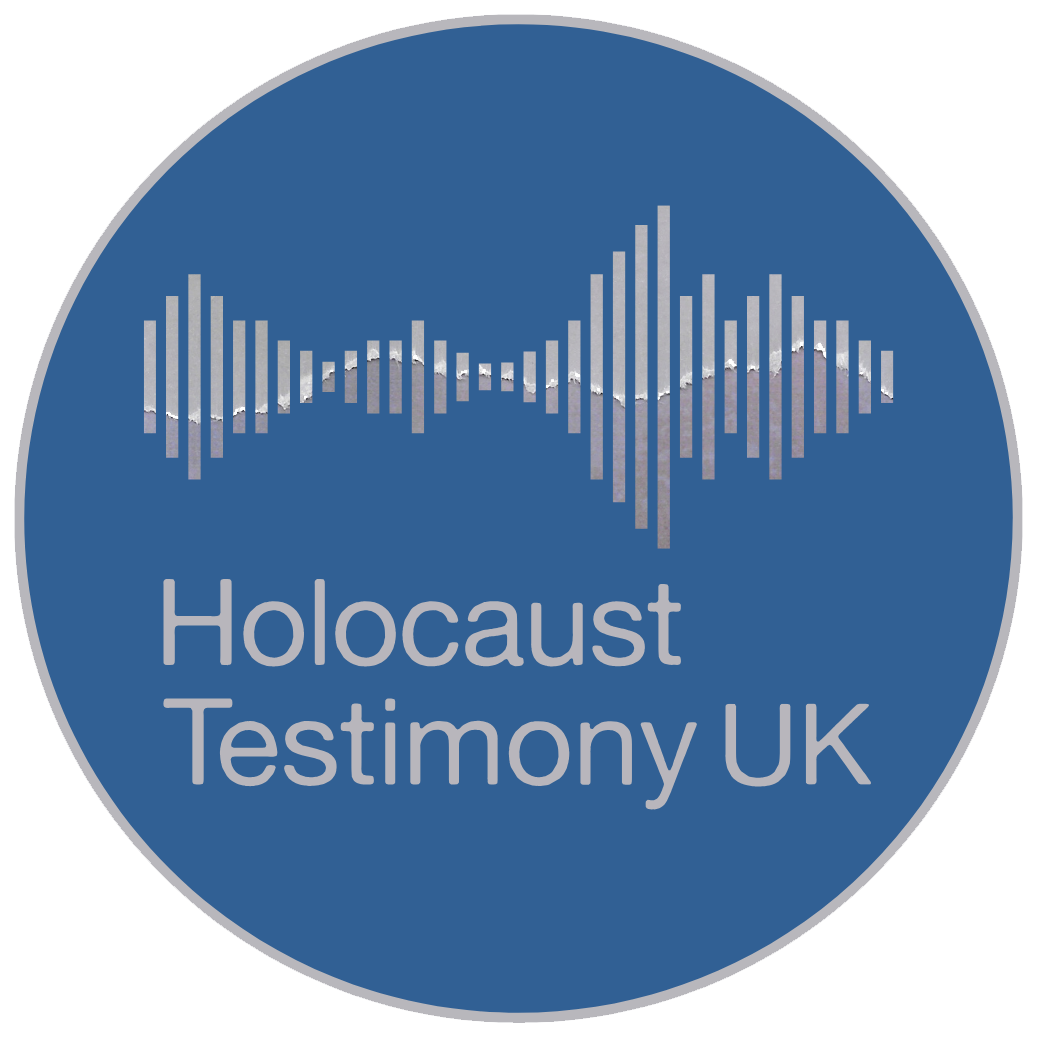External Links
Interview(s) below aren't available on our site but may be available online from partner sites. If not, please contact the partner archive directly to arrange access.

Interviewee Summary
Zahava’s father, Salke Kanarek, came from Dusseldorf and her mother came from Zurich, both from religious familes. They got married in Frankurt in 1932 and settled in Amsterdam, waiting for their papers to leave for Palestine. In 1935 they emigrated to Palestine. Zahava’s mother was in the late stage of pregnancy. Zahava was born on the 5th of August 1935 in Ramat Gan. It was not easy for her parents to get used to the conditions in Palestine and her father had to do manual work for a construction company. Due to her mother’s health, the family decided to come back to Europe in April 1937, where they settled again in Amsterdam. Zahava describes her happy childhood in Amsterdam, where she went to Jewish Kindergarten and her parents shielded her from the political situation and their worries. In 1943 the family was deported to Westerbork, leaving Zahava’s 16 month-old brother behind with a woman in the Dutch resistance
Because Zahava had been born in the British Mandate of Paestine, the family had a bit of protection. After four months in Westerbork, the family was taken off a train leaving to Auschwitz at the very last minute. After another five months, they were sent to Bergen-Belsen.
In Bergen-Belsen, Zahava stayed together with her mother and she describes the harsh conditions, hunger and illnesses. At the end of January 1945 Zahava and her family were ‘exchanged’ and sent to Switzerland. Zahava suffered ill health and needed a extensive rehabilitation. The family was reunited with her brother and settled in Amsterdam. In the early sixties Zahava came to the UK and Rabbi Schonfeld offered her work as a nursery teacher. In March 1963 she married Dr Ralph Kohn (the late Sir Ralph Kohn), a pharmacologist and has lived in London ever since. She has three daughters and five grandchildren.
With her daughter Hephzibah Rudofsky, Zahava created the programme ‘Surviving the Holocaust’, which they have presented to many schools across the UK and Germany. At the end of the interview, Zahava and Hephzibah share their thoughts about their joint Holocaust education project.

Testimonies
29 February 2016
Institution
External Link
External Link
External Link
17 March 2016
Institution
External Link
External Link
External Link


INTERVIEWEE:
Lady Zahava K.
Born:
1935
Place of birth:
Ramat Gan
Photos
Caption
Institution
External Link
External Link
External Link

Caption
Institution
External Link
External Link
External Link

Caption
Institution
External Link
External Link
External Link

Maps
Place of Birth
Ramat Gan
Place of Interview
Location
Recorded Talks
Place of Birth
Ramat Gan
"The whole reason that we have this interview is to let future generations know what kind of life of we had so they should have a better life, not have to suffer through all the traumas we had to suffer. As time goes on the memory of those days and the importance of it will dim, and this programme will help keep it in people's minds and hopefully let future generations have a better life. It should be a better world."
- Arnold Weinberg, AJR Refugee Voices Testimony Archive.
"The distribution of life chances in this world is often a very random bus"
- Peter Pultzer.

Experiences:
Tag
Tag

